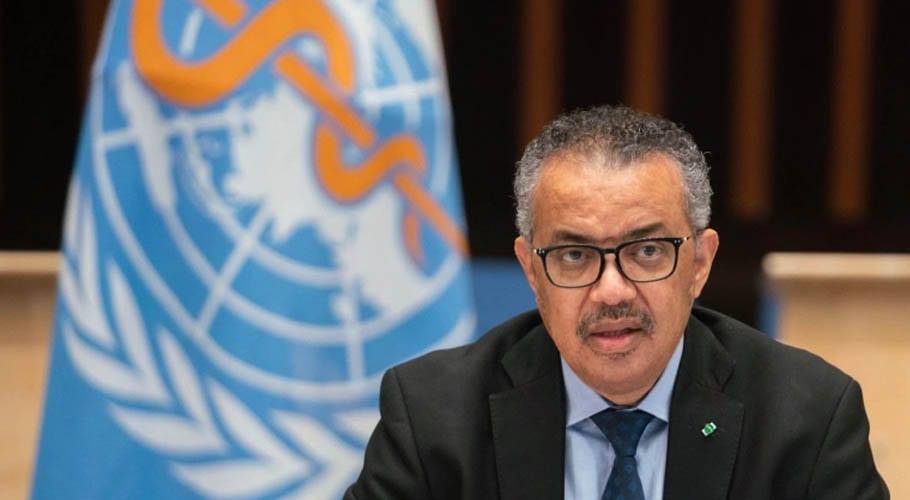GENEVA: The head of the World Health Organization has said that all hypotheses on the origins of COVID-19 remained on the table following an investigative mission in China.
The WHO’s mission to Wuhan, where the first coronavirus infections were detected in December 2019, failed to identify the source of the virus but poured cold water on the theory that it leaked from the city’s virology laboratory.
At a press conference in Geneva alongside mission head Peter Ben Embarek, WHO director-general Tedros Adhanom Ghebreyesus said the team had conducted a “very important scientific exercise in very difficult circumstances”.
“Some questions have been raised as to whether some hypotheses have been discarded. Having spoken with some members of the team, I wish to confirm that all hypotheses remain open and require further analysis and studies,” he said.
“Some of that work may lie outside the remit and scope of this mission. We have always said that this mission would not find all the answers, but it has added important information that takes us closer to understanding the origins of the virus.
Tedros said a summary report of the mission’s findings could emerge as early as next week, followed by a final report in the coming weeks which would be made public.
READ MORE: WHO mission in China fails to find source of coronavirus
The mission has said its main hypotheses are that the virus originated in a bat, although there are several possible scenarios for how it passed to humans, possibly first by infecting another species of animal.
At a press conference in Wuhan earlier this week, Ben Embarek quashed the theory that a leak from a virology lab in Wuhan could have caused the pandemic. “The laboratory incident hypothesis is extremely unlikely,” he said, adding it “is not in the hypotheses that we will suggest for future studies”.
The previous US administration of President Donald Trump, which left office last month, said it believed the virus may have escaped from a lab in the Chinese city of Wuhan. China has strongly denied and said the Wuhan Institute of Virology was not studying related viruses.
When pressed on why the mission did not believe a lab could have been the source, Ben Embarek told the briefing that scientists from labs in Wuhan had told his team they did not have it. If they had been studying it before the outbreak, he said, it would not have been a secret.
“Usually laboratory researchers who work and discover new viruses would immediately publish their findings. That’s a common practice around the world, particularly with new, interesting viruses,” he said.


































